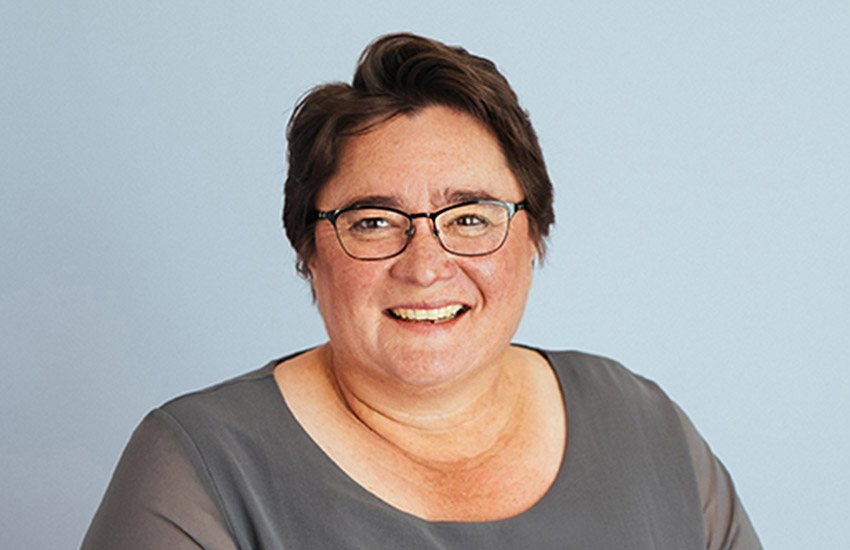ATO urged to democratise SG contribution treatment
TaxSMSF administrator Heffron SMSF Solutions has urged the ATO to democratise its treatment of employer superannuation contributions for tax deductibility purposes, arguing that employers should be able to claim an immediate tax deduction on contributions made by the end of financial year regardless of what clearing house they use to process the payments.

In a recent blog post, Heffron chief executive Meg Heffron noted the regulator had recently released a practical compliance guide stating it would not devote compliance resources to employers claiming a tax deduction on super contributions made through the ATO’s Small Business Clearing House at the end of the financial year, regardless of whether they had hit the employee’s account by 30 June.
“For example, an employer could claim a deduction for contributions received by the SBCH on 30 June 2020 in 2019–20 rather than 2020–21, even though those contributions won’t be received by the relevant superannuation fund until July 2020,” Ms Heffron said.
“This aligns the treatment for superannuation guarantee and tax deductibility. [But] the PCG only proposes to change the treatment for the SBCH, not all clearing houses, so many employers still need to focus on getting the contributions to their clearing houses much earlier than 30 June each year.”
Ms Heffron said many employers would not be aware of the distinction between how the ATO treated contributions received at the end of financial year from an SG, contribution and deduction perspective.
“Even though contributions that arrive at the SBCH on, say, 30 June 2019 might sneak into the 2018–19 financial year for SG purposes, they won’t be physically paid across from the SBCH to the super fund until a few days later,” she said.
“As a result, the contributions will be counted against the 2019–20 contribution caps rather than 2018–19, and won’t be tax deductible to the contributor in 2018–19 — the deduction will also have to wait until 2019–20.”
Ms Heffron said given that it was difficult for employers to keep track of the time lag between contributions leaving their accounts and reaching their employees’, the firm would be urging the ATO to extend the approach stated in Practical Compliance Guide 2019/D8 to all clearing houses.
“I would be prepared to bet that most employers claimed a deduction in 2018–19 for contributions made in June 2019 as long as the money had left their bank account by that time,” she said.
“And in fact, how would they even know when the superannuation funds received the money? At best they could ask the clearing house when the money was passed on, but how on earth would they know when the cash physically arrived with each superannuation fund for each employee?
“We’ll be suggesting the ATO adopt the same approach for commercial clearing houses as we suspect there is something of a losing battle fought here in any case.”



